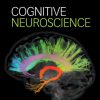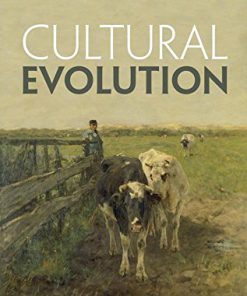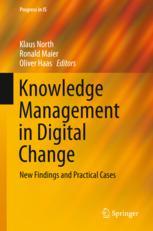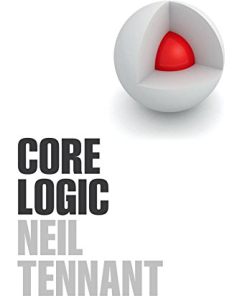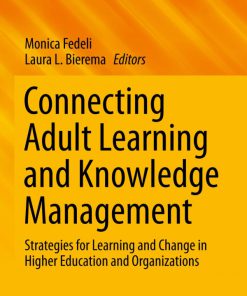Core knowledge and conceptual change 1st Edition by David Barner, Andrew Scott Baron ISBN 9780190467630 0190467630
$50.00 Original price was: $50.00.$25.00Current price is: $25.00.
Core knowledge and conceptual change 1st Edition by David Barner, Andrew Scott Baron- Ebook PDF Instant Download/Delivery: 9780190467630, 0190467630
Full download Core knowledge and conceptual change 1st Edition after payment

Product details:
ISBN 10: 0190467630
ISBN 13: 9780190467630
Author: David Barner, Andrew Scott Baron
We acquire concepts such as “atom,” “force,” “integer,” and “democracy” long after we are born; these concepts are not part of the initial cognitive state of human beings. Other concepts like “object,” “cause,” or “agent” may be present early in infancy–if not innately. Processes of change occur throughout our conceptual development, which prompts two key questions: Which human concepts constitute innate, core knowledge? How do humans acquire new concepts, and how do these concepts change in development?
Core Knowledge and Conceptual Change provides a unique theoretical and empirical introduction to the study of conceptual development, documenting key advances in case studies, including ground-breaking science on human representations of language, objects, number, events, color, space, time, beliefs, and desires. Additionally, it explores how humans engage in moral reasoning and causal explanation: Are humans born good and tainted by an imperfect world, or do we need to teach children to be moral? Could a concept like “freedom” be woven into the human soul, or is it a historical invention, constructed over generations of humans? Written by an eminent list of contributors renowned in child development and cognitive science, this book delves widely, and deeply, into the cognitive tools available at birth that are repurposed, combined, and transformed to complex, abstract adult conceptual representations, and should be of interest to developmental psychologists, linguists, philosophers, and students of cognitive science.
Table of contents:
-
An Introduction to Core Knowledge and Conceptual Change
-
Preliminary Thoughts on a Rational Constructivist Approach to Cognitive Development: Primitives, Symbols, Learning, and Thinking
-
How Is Conceptual Change Possible? Insights from Science Education
-
Bundles of Contradiction: A Coexistence View of Conceptual Change
-
Conceptual Change: Where Domain-Specific Learning Mechanisms Meet Domain-General Cognitive Resources
-
Surprise Enhances Early Learning
-
Inferring Number, Time, and Color Concepts from Core Knowledge and Linguistic Structure
-
Different Faces of Language in Numerical Development: Exact Number and Individuation
-
How Numbers Are Like the Earth (and Unlike Faces, Loitering, or Knitting)
-
Epistemic Limitations and Precise Estimates in Analog Magnitude Representation
-
A Framework for Work on Frames of Reference
-
Mechanisms for Thinking about Kinds, Instances of Kinds, and Kinds of Kinds
-
Concepts as Explanatory Structures: Evidence from Word Learning and the Development of Lexical Flexibility
-
Conceptualizing the Event: The Relationship between Infants’ Representations and Linguistic Organization
-
When Children Don’t Say What They Know: Syntax Acquisition and Executive Function
-
Core Knowledge and Conceptual Change: A Perspective on Social Cognition
-
Is False Belief Understanding Continuous from Infancy to Preschool Age?
-
What Neuroscience Can Reveal about Cognition and Its Origins
-
What Develops in Moral Development?
-
Developmental Origins of Social Group Preferences
People also search for:
what is conceptual change
what is conceptual knowledge
core concepts of change management
core knowledge child development
core knowledge theory child development
Tags: David Barner, Andrew Scott Baron, Core, Knowledge, Conceptual, Change
You may also like…
Business & Economics - Industries
The Lived Experience of Climate Change Knowledge Science and Public Action 1st Edition Dina Abbott
Politics & Philosophy - Anthropology
Politics & Philosophy
Physics Avoidance: and other essays in conceptual strategy 1st Edition Mark Wilson
Computers - Applications & Software
Mathematics
Business & Economics - Management & Leadership
Politics & Philosophy - Social Sciences


